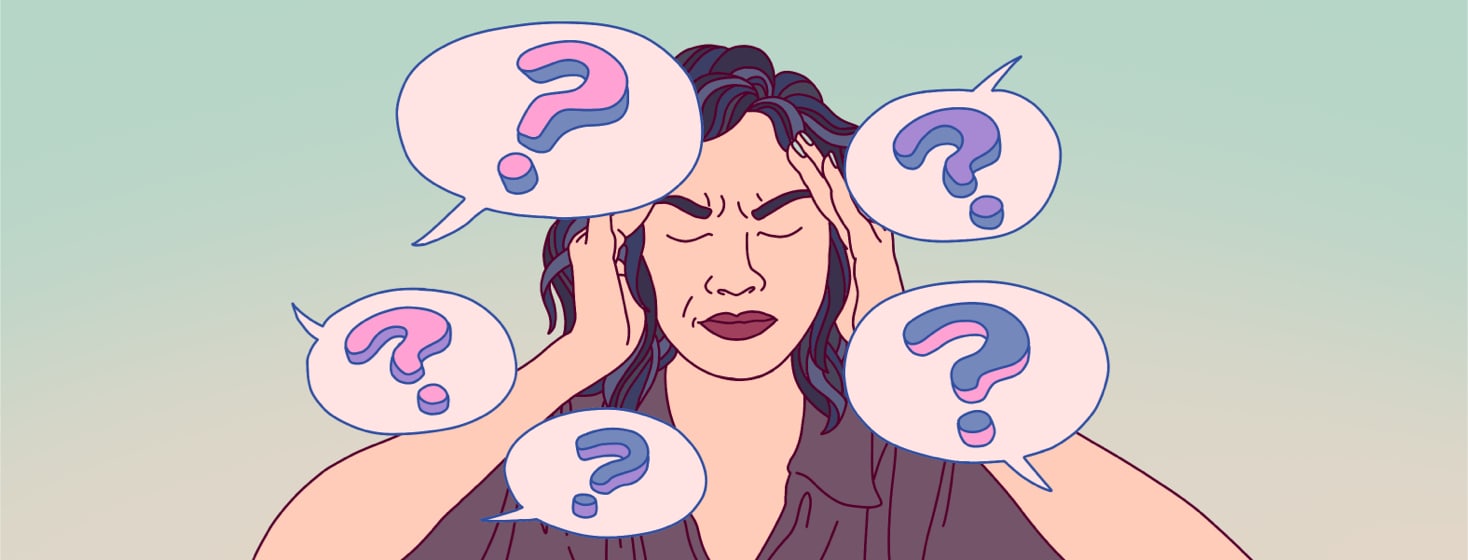Coordinating Care With a Rare Disease
Many general medical practitioners are not educated about rare diseases. This can make it difficult for people with rare diseases to get access to diagnosis and treatment. It can also create difficulties when coordinating care between multiple doctors and doctors' offices.
When my narcolepsy symptoms first onset, I was terrified. I started experiencing a symptom called cataplexy, which made me fall to the floor with no muscle tone when I would experience any intense emotions. I was also experiencing excessive daytime sleepiness, hallucinations, and more. When I went into a clinic presenting these symptoms, I was told that no disease existed that matched my symptoms. This terrified me.
When patients are forced to become experts
However, as it turns out, my symptoms were pointing to a rare disease called narcolepsy that my medical providers simply had no knowledge about. In fact, my symptoms were presenting a straightforward case of severe type 1 narcolepsy. Had my doctors been better informed, I would have saved time and effort and would have even experienced less distress over my new condition.
As rare disease patients, we are often forced to become the experts at explaining our rare diseases using both simple and medical jargon.
"Why do you take that? What's narcolepsy?" At almost every appointment–the dentist, optometrist, etc., I find myself answering basic questions about my rare disease.
Explaining our conditions to doctors is exhausting
Rare disease patients often have to become experts at explaining their own condition since medical providers are often uneducated about rare diseases. This can be difficult for us, especially since suffering from a chronic condition can limit how much energy we have to allocate elsewhere in our lives.
When allocating energy for advocacy, especially in medical settings, it can take a lot out of us. It's honestly exhausting to have to explain my condition and needs to different doctors and medical practitioners over, and over, and over again.
You are not responsible for your doctor's education
Sometimes, despite our best efforts, doctors will not understand our rare disease.
If your doctor doesn't understand your needs because they don't understand your condition, that is not your fault! That is on them. It is the doctor's responsibility to be educated enough on medical conditions that they can effectively treat their patients who suffer from them. If they are not educated enough to do so, and are not interested in learning or do not have the capacity to do so, finding a different doctor can be an effective solution. But finding doctors that understand your rare disease can be generally difficult.
This or That
I think of my doctors as partners in managing my rare disease
Community validation and support
Internalized community validation is important when navigating medical systems. Stand firm in your needs. Community support can validate your needs and struggles.
If you cannot find spaces that specifically represent people with your rare disease, chronic illness communities can help provide generalized support.
Living with multiple chronic conditions means that you have to deal with a lot of doctors. People who are used to dealing with the medical system tend to be understanding of other people experiencing similar barriers to care. Complaining about difficulties that other people can relate to can be so validating! Seeing other people stand up for their own needs, despite valid barriers to care, can be empowering and even inspiring.

Join the conversation